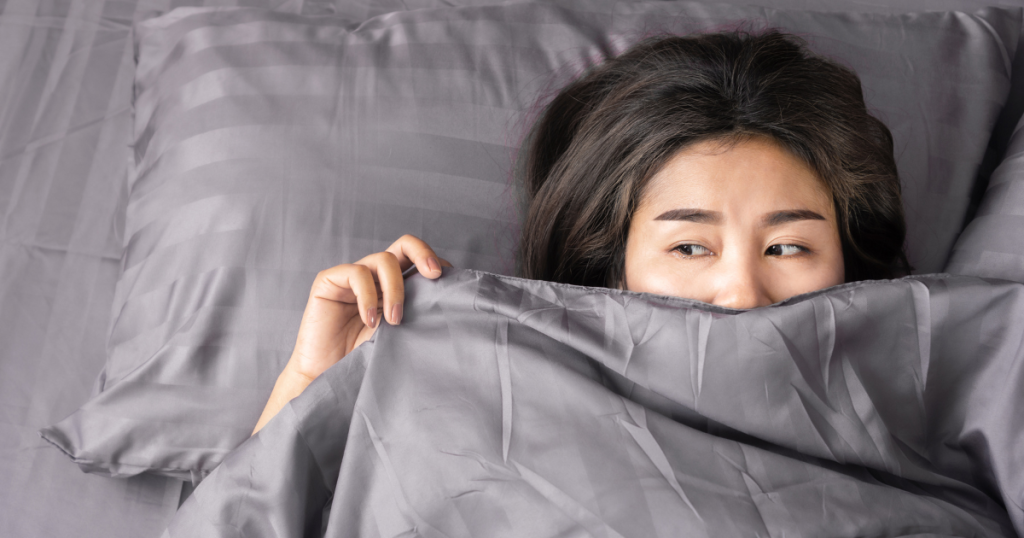How To Avoid Burnout If You Have High-Functioning Anxiety And Depression
By Dr. Elayne Daniels | May 12, 2025
Anxiety, depression, and burnout zap the joy out of life. Sometimes they co-occur and can be difficult to distinguish from each other. Avoiding burnout if you have high-functioning (or not-so-high-functioning) anxiety or depression can be extra tricky, especially with overlapping signs and symptoms.
Because anxiety and depression lower your resistance to stress, your threshold for staying engaged in life is also diminished. This becomes the perfect storm for burnout.
Therapy for Stress in Canton MA can be a helpful step for managing the emotional toll that comes with chronic stress and preventing burnout before it worsens.
What is burnout? How do you know if you are burned out?
This is a good question. You need to know what you’re looking for in order to identify it and do something about it.
Burnout can happen to anyone and goes deeper than merely feeling tired and stressed. When burned out, people feel mentally, physically, and emotionally exhausted. Drained. They tend to be pessimistic and feel like they have nothing left to give. Dealing with everyday responsibilities becomes too much. Even getting out of bed is daunting.

Burnout happens as a result of chronic stress.
A common example is caretaking while juggling other home and work demands. Exposure to negative health or political news day after day can also take a cumulative toll.
The recent political climate surrounding the 2020 election led to burnout for many, as has living through the coronavirus pandemic.
Along with an increase in burnout rates, anxiety and depression rates have also increased during this time.
Burnout tends not to go away on its own.
Signs of burnout include exhaustion, isolation, anxiety, depression, and feeling numb. The emotional, physical, and mental exhaustion of burnout worsens the symptoms of depression and anxiety.
When a battery loses its charge, it must be recharged in order to function. Burnout creates the same scenario for us humans.
What is high-functioning anxiety?
The term “high-functioning” anxiety is not a real thing in the world of official diagnoses. There are no objective criteria. But we all kind of know what the phrase is referring to.
For some people, high-functioning anxiety may refer to a person who worries, stresses out, and has episodes of physical signs of anxiety. Physical indications include symptoms like increased heart rate, headaches, and racing thoughts — all effects that are undetected by the outside world.
For others it may mean periodic anxiety symptoms that do not last long enough or become intense enough to interfere with their day-to-day lives.

Let’s say a person with high-functioning anxiety does not appear anxious on the outside. In fact, she appears to have her act together. She is kind, friendly, productive, and organized. This hypothetical high-functioning person with anxiety does not appear anxious. However, on the inside she overthinks everything and often believes she can’t measure up. She’s filled with self-doubt and has difficulty saying ‘no’ to requests.
What is high-functioning depression?
The term “high-functioning” depression, just like “high-functioning” anxiety, is neither clinically valid nor diagnostically existent. In other words, it has no standard definition. Different people may mean different things by the phrase “high-functioning”.
For some, it may suggest having symptoms of depression, such as sadness, low energy, appetite changes, and insomnia. However, that person purposely doesn’t display any outward signs of depression. Instead, on the outside, the person appears to be functioning well in life – at work, home, and with friends and family.
High-functioning depression could also refer to people who have bouts of depression that are short-lived, relatively mild, and not conducive to much derailment in their lives.
If you’re struggling with persistent sadness or low energy, Depression therapy online in Canton may offer a convenient and supportive way to begin healing.

While anxiety and depression are considered psychiatric conditions, burnout is a reaction to stress.
There are treatments for anxiety and depression. The usual ‘treatment’ for burnout is to take time off or ‘recharge your battery’ in some other restful, restorative way. Unfortunately, that’s not always possible. The majority of people don’t have the kind of finances, job security, or back-up contingencies to enable that kind of elective time off.
The emotional, physical, and mental exhaustion of burnout worsens the symptoms of depression and anxiety.
The ways to avoid burnout are similar, whether you have high-functioning anxiety and depression or not.
How can you avoid burnout if you have high-functioning anxiety and depression?
If you’re already anxious and depressed, you’re more prone to burnout. Recognizing and addressing anxiety and depression before they are worsened by burnout is difficult but certainly ideal. If your stress tolerance is low due to anxiety and depression, going below that bar into the burnout zone doesn’t take much.
Self-awareness is key to avoiding burnout. So is self-care.
You decrease the likelihood of burnout by prioritizing self-care. Maybe that means going for more walks, talking more often with friends, or saying ‘no’ more consistently to requests at work. Maybe it’s even that Netflix series you watch while your puppy is snuggled up next to you. Whatever it is that helps you to replenish.
My favorite form of restoration? Getting out into nature.
Go outside and get a few breaths of fresh air. Look around at the trees, smell the flowers, feel the breeze on your cheeks.
Self-care is often more of a mindset than a prescription for pedicures and bubble baths. (But those are ok, too!)
Self-care is about being on your own side and treating yourself as you would a loved one.
The likelihood of burnout decreases when self-care is part of your daily routine — even if you’re working long hours or taking care of elderly parents. Your obligation is to add moments of joy and/or peace into each day.
Small self-care gestures can stop stress from taking over and causing burnout. And those same gestures – talking with loved ones for support, being playful, finding things to laugh about, being outside in nature – are also helpful for your general well-being.
When approached with moment-by-moment loving choices, self-care becomes a mindset, not a destination. And burnout falls by the wayside.
Dr Daniels is a Massachusetts-licensed psychologist, consultant, and coach in private practice. If you’re struggling with anxiety and depression and would like to learn more about working with me, please contact me here.


